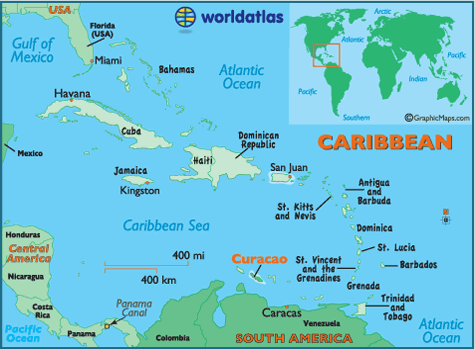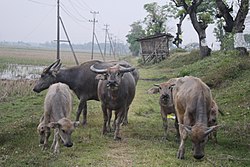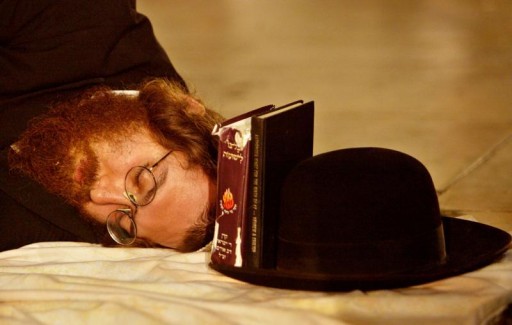Beitza 8a (1)
1- We spoke about understanding the life style in the times of the Gemara. Home floors were the actual ground with no wood or even a stone finish. It was common for an occasional ‘redo’ to even out the surface by pouring a fresh layer of sand.

We mentioned the Shul in Curacao in the Netherland Antilles that has beach sand on the floor.

2- Our Gemara speaks about a bucket of sand that was brought into a house Erev Yom Tov for general purposes including the use of freshening up the floor. Can one use this sand for Kisui Hadam?
3- We spoke in the past about the permissibility of ‘shechting’ on Yom Tov. Now the Gemara brings a Mishna that a KOI cannot be slaughter to eat on Yom Tov.

Japanese Koi Fish
4- We discussed the four way machlokes as to what is a KOI. Basically it is a particular animal that we are in doubt if it it a chaya or behaima. Some say it is a water buffalo.

a- Offspring of a he goat and a deer. (Tzvia/gazelle?)

b- Offspring of a she goat and a deer.

c- An animal of a mixed breed that we are in doubt of its status.

d- A unique animal that we are in doubt of its status.

Resting on Yom Tov
5- The Gemara originally accepts the premise that the Mitzvah of resting on Yom Tov is only a ‘Lo Sa’se’ (negative) and not also an ‘Ese’ (positive). Thus the positive commandment to perform the Mitzvas Ese of Kisui Hadam would permit the digging for fresh earth (thereby transgressing the Lo Sa’se of Yom Tov) based of the rule of Ese Doche Lo Sa’se.
The the Gemore reverses itself saying that Yom Tov is both an Ese and lo Sa’se.
6- We spoke about the Ramban who offers a logical explanation as to why Ese Doche Lo Sa’se. (Ahava and Yirah),
7- The Alter Rebbe’s question: If Ese is greater than a Lo Sa’se why is the Teshuva for an Ese eisier than for a Lo Sa’se. See answer here. Igeres Ha’Teshuva Chapter 1.
8- The Jewish history of Curacao and it’s place in the saving of thousand of Jews during WWII and it’s Chabad connection. See here.

Harav Avrohom Tzvi Landa, Harav Chaim Meir A”H Bukiet, Rabbi Avraham Garfinkel A”H, students of the Lubavitcher Yeshiva in Otwock, fleeing the Nazis after the invasion of Poland in WWII, arrive in Kobe, Japan. They would later make their way to Shanghai, China and remain there for the duration of the war.
to redo the sand, all they needed was a sandboni truck: https://en.wikipedia.org/wiki/Sand_cleaning_machine
Did you know that the oldest Shul in the Americas is (still) in Curacao?
http://www.snoa.com/snoa.html